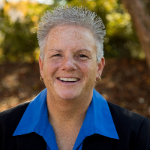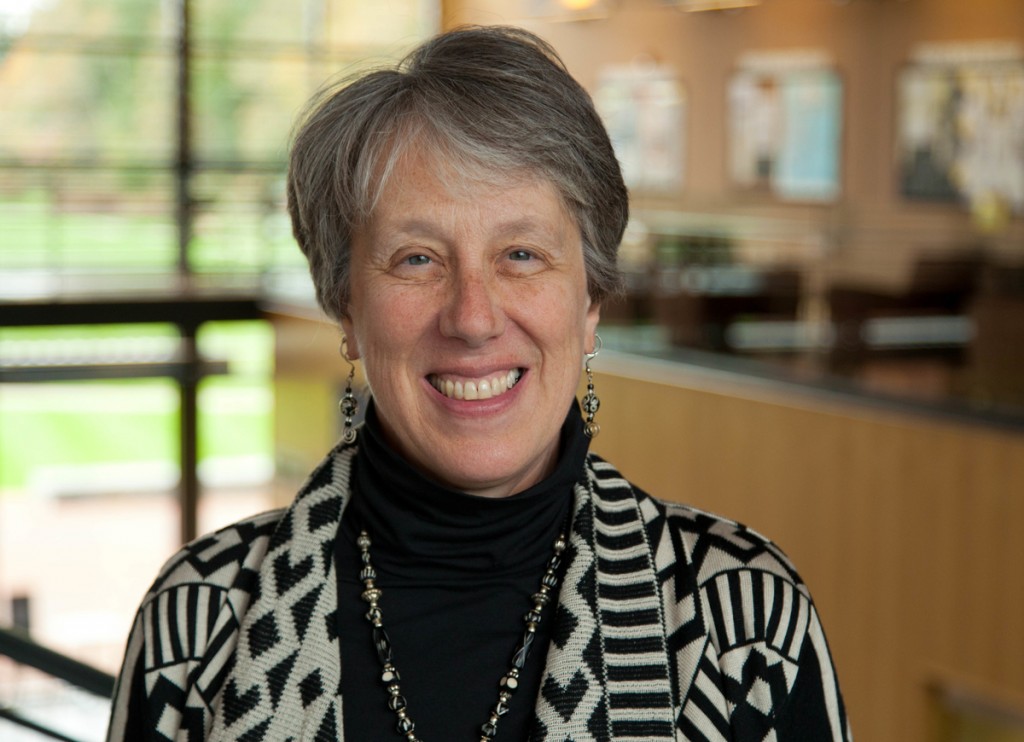Page 10 • (844 results in 0.036 seconds)
-
Speaker: Dr. Michelle M. Jacob, PhD, is a Professor of Indigenous Studies and Director of the Sapsik’ʷałá (Teacher) Education Program in the Department of Education Studies at University of
strategizing—and seeks collective remedies that challenge colonial and capitalist filters. Event DetailsSpeaker: Dr. Michelle M. Jacob, PhD, is a Professor of Indigenous Studies and Director of the Sapsik’ʷałá (Teacher) Education Program in the Department of Education Studies at University of Oregon Time: 7:00 p.m. Date: Tuesday, Feb. 20 Place: Scandinavian Cultural Center Free and Open to the PublicAbout the Lecturer: Dr. Michelle M. Jacob, PhD, is a Professor of Indigenous Studies and Director of the
-

Associate Professor of Kinesiology | Department of Kinesiology | farrartd@plu.edu | 253-535-7360
Health for Life Teacher’s Web Resources co-authored with Charles Corbin, David Corbin, Karen McConnell (Human Kinetics 2014 [21 chapter curriculum]) : View Book Health Opportunities Through Physical Education With Web Resources co-authored with Charles Corbin, David Corbin, Karen McConnell, Guy Le Masurier (Human Kinetics 2014) : View Book Selected Presentations SHAPE America National Convention. Farrar, T.D. & McConnell, K.E., Integrating common core and 21st-century outcomes into K-12 physical
Area of Emphasis/Expertise -

Associate Professor of Kinesiology | Wild Hope Center for Vocation | farrartd@plu.edu | 253-535-7360
for Life Teacher’s Web Resources co-authored with Charles Corbin, David Corbin, Karen McConnell (Human Kinetics 2014 [21 chapter curriculum]) : View Book Health Opportunities Through Physical Education With Web Resources co-authored with Charles Corbin, David Corbin, Karen McConnell, Guy Le Masurier (Human Kinetics 2014) : View Book Selected Presentations SHAPE America National Convention. Farrar, T.D. & McConnell, K.E., Integrating common core and 21st-century outcomes into K-12 physical
Area of Emphasis/Expertise -
Monday May 20, 2024 2:00-6:00pm in Rieke 103B
environmental education as a component. In my paper, I argue that an approach to environmental education connected to religion, specifically children’s’ summer camp programming at camps connected to the Evangelical Lutheran Church in America (ELCA), is one type of environmental education likely to foster meaningful ecological awareness amongst participants, awareness that can be taken from the camp setting and applied to everyday life, leading to an increased passion for environmental work and advocacy. I
-

Associate Professor of Religion and Culture | 2015 Lutheran Studies Conference | Dr.
suffering earth. Crawford O’Brien has been part of the Religion department at PLU since 2003, teaching courses in religion and healing, Native American religions, Judaism in America, and religious diversity in North America. She received her Ph.D. from the University of California Santa Barbara, and is the author of Coming Full Circle: Spirituality and Wellness Among Native Communities in the Pacific Northwest, and Religion and Healing in Native America: Pathways for Renewal.
-

TACOMA, Wash. (Oct. 13, 2015)—Pacific Lutheran University will host a lecture by Seattle University School of Law Professor Dean Spade, a leading scholar and activist in trans rights. His talk, “Romantic Notions: Soldiers, Spouses and the Limits of LGBT Equality,” will be held at 6…
declares that the key demands of queer and trans politics are to be offered entry into legal marriage and the military. Anti-colonial, feminist and anti-racist queer and trans activists and scholars contest this, Spade says, and argue that the alignment of this pro-military, pro-marriage gay and lesbian rights politics with the global war on terror and the explosive growth of racialized criminalization and imprisonment are no coincidence.Event Details What: Dean Spade: “Romantic Notions: Soldiers
-

Associate Vice President for Hospitality and Retail Services Dining and Culinary Services | Campus Restaurants - Dining at PLU | mcginnem@plu.edu | 253-535-7472 | Erin is Associate Vice President for Hospitality and Retail Services Dining and Culinary Services for Pacific Lutheran University.
Erin McGinnis ’90 Associate Vice President for Hospitality and Retail Services Dining and Culinary Services Phone: 253-535-7472 Email: mcginnem@plu.edu Office Location:Anderson University Center - Room 271 Professional Biography Education M.B.A., University of Guelph, 2007 A.O.S., Culinary Institute of America, 1992 B.A., English/Economics, Pacific Lutheran University, 1990 Biography Erin is Associate Vice President for Hospitality and Retail Services Dining and Culinary Services for Pacific
-
PLU Class of 2009 Hispanic Studies and Global Studies Double Major Studied away in Oaxaca, Mexico and Oviedo, Spain Current: Assistant Director for the Henry M.
Henry M. Jackson School of International Studies. It was a great program, but I felt I was missing an element in my life and that element was Latin America. It was my time as Assistant Director at the ICO and my two Oaxaca study abroad trips that gave me the experience, confidence, and desire to continue my relationship with Latin America and apply for the Assistant Director position at LACS. Currently I serve as Assistant Director for the Henry M. Jackson School of International Studies’ Latin
-

Professor of Geosciences | Earth Science | whitmaj@plu.edu | 253-535-8720
., Magura, B., Pratt-Sitaula, B., Thompson, D., and Whitman, J.. "Teachers on the Leading Edge: An Earth Science Teacher Professional Development Program Featuring Pacific Northwest Geologic Hazards." Geological Society of America Abstracts with Programs - Annual Meeting Vol. 41, 2009: p. 195. Butler, R.F., Granshaw, F.D., Groom, R., Hedeen, C., Johnson, J., Magura, B., Pratt-Sitaula, B., Thompson, D., and Whitman, J.. "Translating Earth-Scope Science for Middle School Teachers and Students in the
Office HoursMon - Fri: -Area of Emphasis/Expertise -

Can learning to code be described as a social movement in American history? PLU Professor Michael Halvorson thinks so. His reflections on the subject were recorded as part of PLU’s Homecoming and Family Week, which presented several lectures by the PLU faculty for the Lute…
lecture presented arguments from Halvorson’s most recent book, Code Nation: Personal Computing and the Learn to Program Movement in America (2020). It can be viewed now on PLU’s YouTube Channel, at https://youtu.be/mqsrEYMwR6w. Code Nation is a five-year research project that grew out of Halvorson’s work with the Innovation Studies program and his duties as Benson Family Chair of Business and Economic History at PLU. The book explores the business and technical history of computer programming in
Do you have any feedback for us? If so, feel free to use our Feedback Form.


